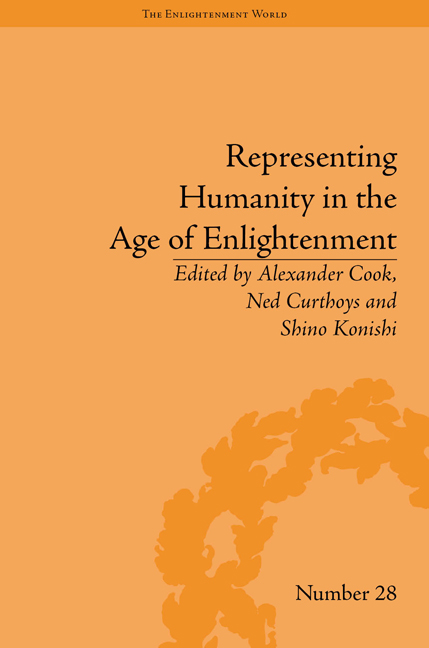The Science and Politics of Humanity in the Eighteenth Century: An Introduction
Summary
The eighteenth century in Europe was a great age for talk about ‘humanity’. Savants longed to establish a ‘science of man’ that would rival the achievements of the natural sciences in the wake of Copernicus. Moralists spoke with a new solemnity of ‘humanity’ as a character trait, setting out to tell the story of its origins and development. Voyages of exploration, commerce and conquest combed the globe, returning with accounts of far-flung nations whose character and customs titillated the public, fascinated philosophers and nurtured debate about the essence and limits of the human. This was a time of both expansive possibilities and great uncertainties, when many sought to understand the world around them by an increasingly intensive focus upon the nature, history and ontological condition of their species.
This book studies representations of humanity in Europe during the eighteenth century. We have chosen the term ‘representations’ with care. The period produced a range of attempts to represent humanity in a dual sense: to depict its essential character and diverse manifestations; and to speak for its interests and aspirations. Representing humanity in the eighteenth century was thus both a philosophico-scientific project and a political one. Yet questions remain about how these two elements were intertwined. A philosophical, juridical and proto-anthropological interest in the nature of ‘Man’ has long been a recognized feature of the era we label ‘the Enlightenment’.
- Type
- Chapter
- Information
- Representing Humanity in the Age of Enlightenment , pp. 1 - 14Publisher: Pickering & ChattoFirst published in: 2014

